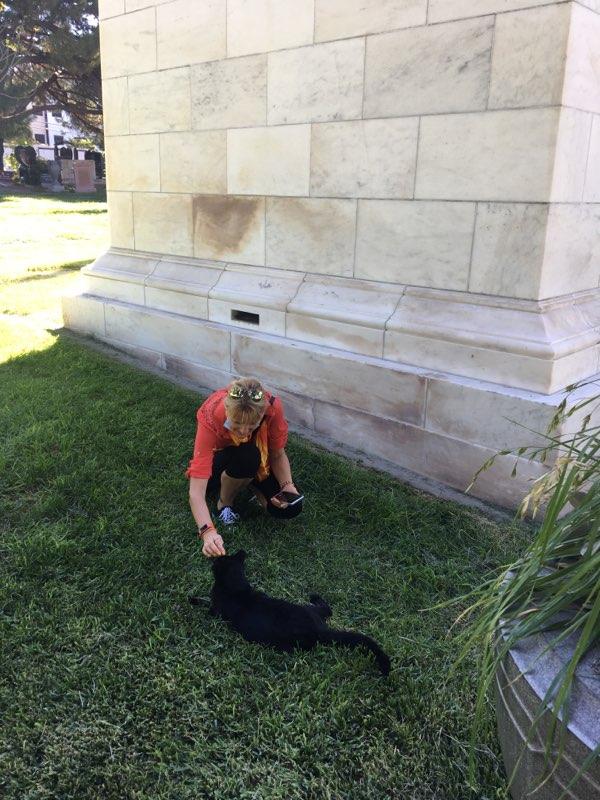
January 13, 2023
Friday the 13th
The date Friday the 13th is associated with many superstitions and folk ideas on how to avoid misfortune. The number 13 is often omitted in buildings – there are no floors with the number 13, there are no rooms with the number 12 in hotels, there is no tram with the number 13 in Krakow. People often tear out a page with an unlucky number from the calendar. Fear of this date even has its own name – paraskevidekatriaphobia.

Origin of Friday the 13th
The belief that Friday the 13th is unlucky has a very long tradition. Most sources say that this superstition comes from ancient Babylonia and its numeral system, in which twelve meant the highest order, and thirteen was the opposite – it disturbed the harmony and introduced chaos. In turn, in Christianity, the number 13 is associated with Judas, who was the thirteenth participant in the Last Supper. Friday was considered unlucky because on that day Christ was crucified.
On the thirteenth of the month of Nihan, Hamam summoned his scribes to send letters to all his subordinate princes, that all Jews who inhabit Persia should be annihilated. The Jewish retaliation began on the 13th of the month, and since then 13 has been identified with the number of catastrophe, death, ruin.
Other historical facts tell of Philip II of Macedon, who ordered his statue to be added to the twelve main Greek gods. After erecting the thirteenth statue, he was murdered at his own daughter’s wedding. In the Scandinavian tradition, there is also an event about the thirteenth traitor.
In the Middle Ages, it was believed that witches met on the Sabbath on the 13th of the month. There were 12 witches and the 13th was Satan. Thirteen demons were always summoned when practicing black magic. In the Kabbalistic tradition, there are 13 evil spirits, and occultists call thirteen death.
Sailors are superstitious, too. No ship, if able, will go to sea on the thirteenth.
The most popular theory of unlucky Friday the 13th refers to an event in France in the early 14th century. The French king Philip the Fair accused the Templars of heresy, sodomy and idolatry. This allegation was baseless and false. The king was heavily indebted to the monks and wanted an easy way to get rid of creditors and additionally enrich himself by taking over their property. On October 13, 1307, he ordered his chancellor William de Nogaret to arrest all members of the Templar order, and Pope Clement V, who wanted to get rid of the influential and wealthy order, was also involved in the plot. The monks were sentenced to death. 54 members of the order were burned at the stake. According to legend, the last Grand Master of the Order, Jacques de Molay, cursed the king, his chancellor and the pope just before his death. They all died within a year. Therefore, in France, according to tradition, on this day you should not take any risks and be especially careful.

The influence of the moon
An ominous sign was the coincidence of Friday the 13th with the full moon. In the earliest ideas, which are considered to be the religious concepts of shamans of the peoples of the north, the role of the moon was much greater than that of the sun. The moon was associated with the presence of spirits among people. The drum of shamans introduced a state of meditation necessary to contact the world of spirits, it was the image of the Moon and a factor necessary to enter and safely return from the afterlife. People were afraid of the full moon. At full moon healers and shamans collected herbs, because then their power was the strongest. At full moon, those affected by werewolf’s turned into beasts. The greatest power was then possessed by ghosts and everything that was under the protection of Satan.

Protection
People tried to protect themselves against the bad luck of Friday the 13th in various ways. Thanks to magic, herbs, spells, witchcraft, evil was warded off and spells were performed. Talismans and amulets were made to protect against trouble.
The original customs were then taken over by the Christian ritual – wearing a blessed medallion on the neck is nothing more than echoes of ancient customs protecting against evil.




